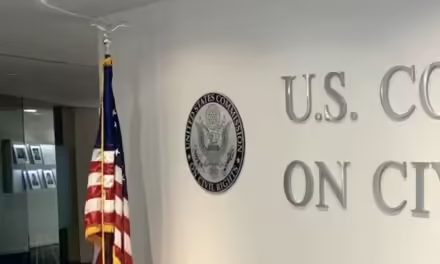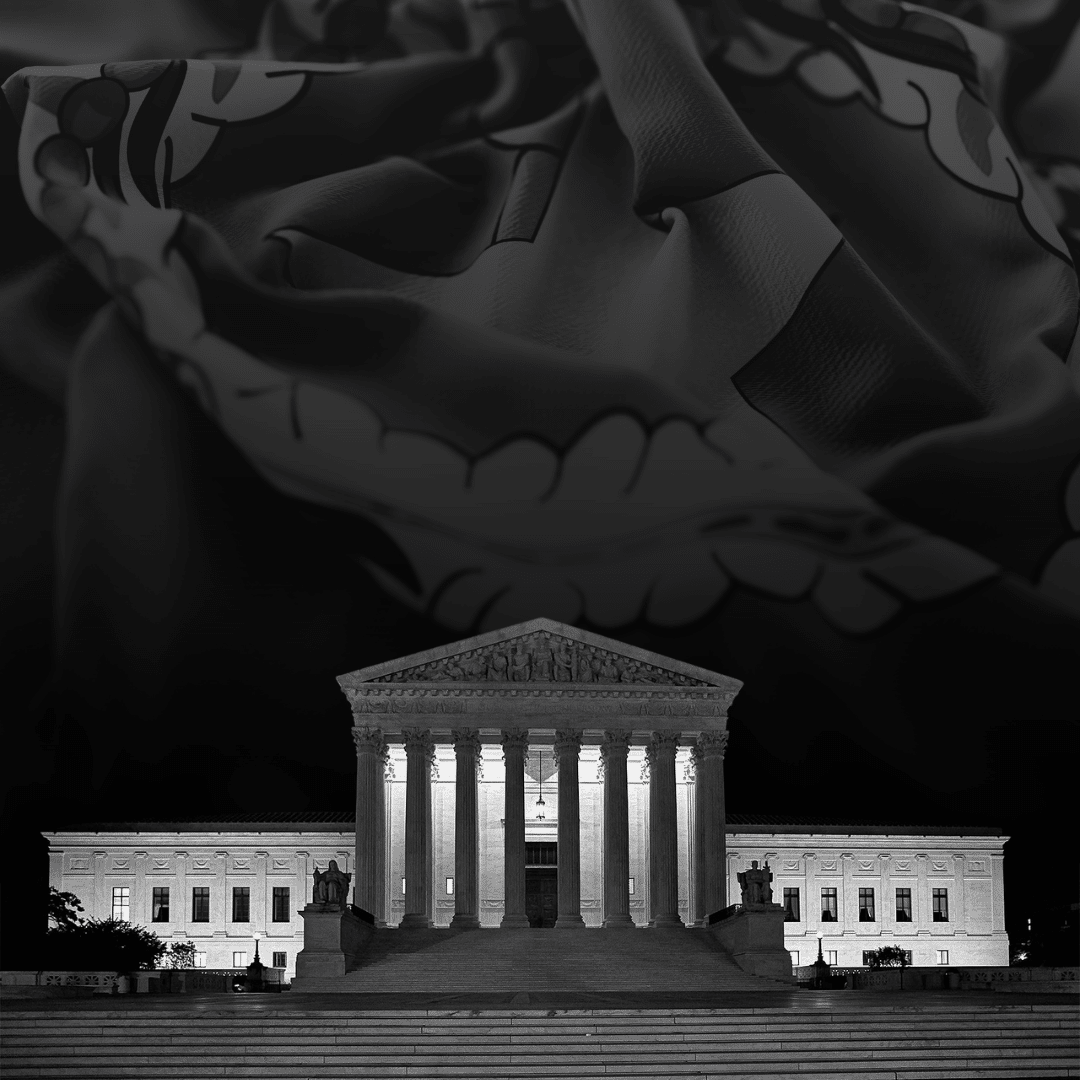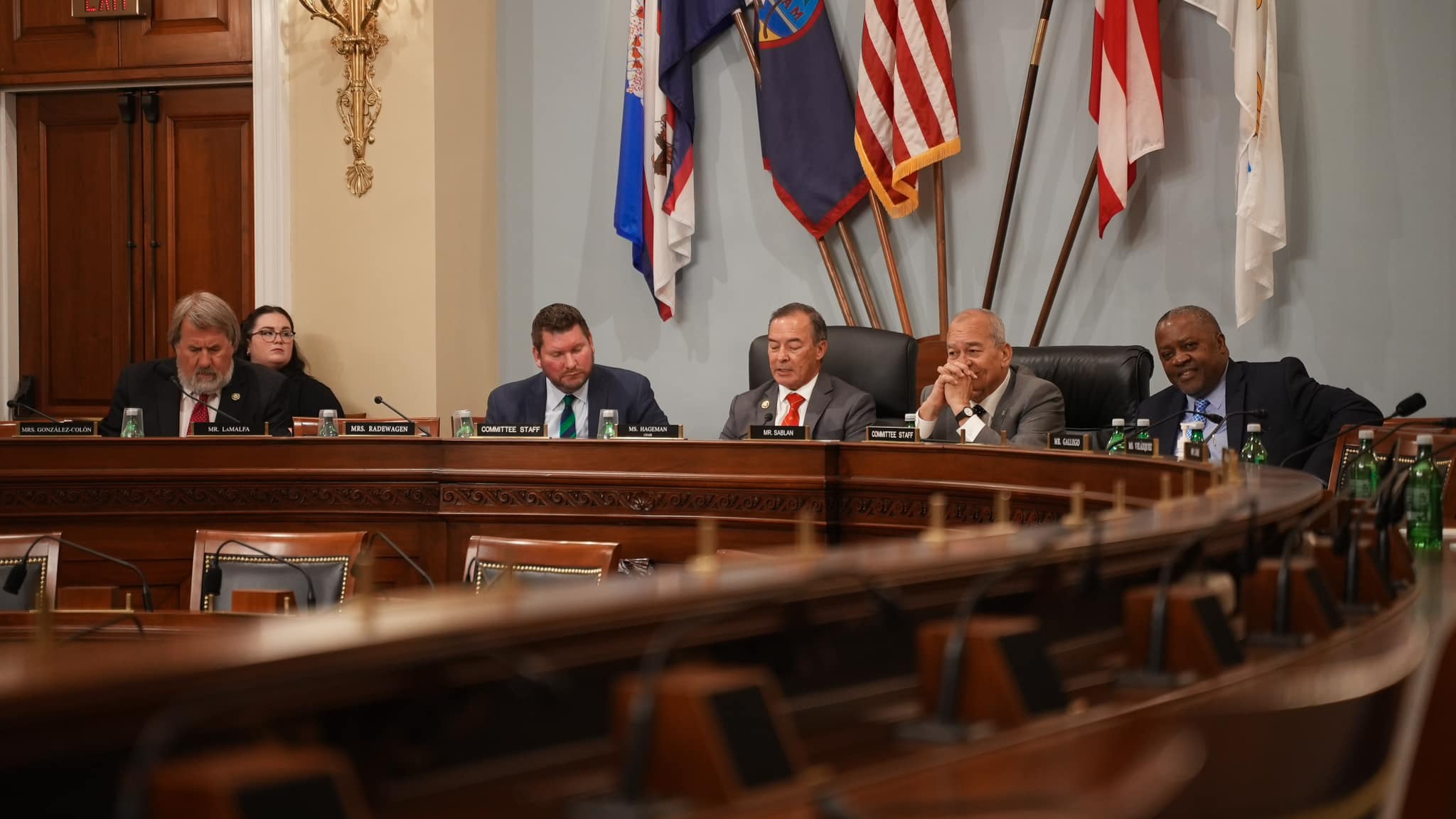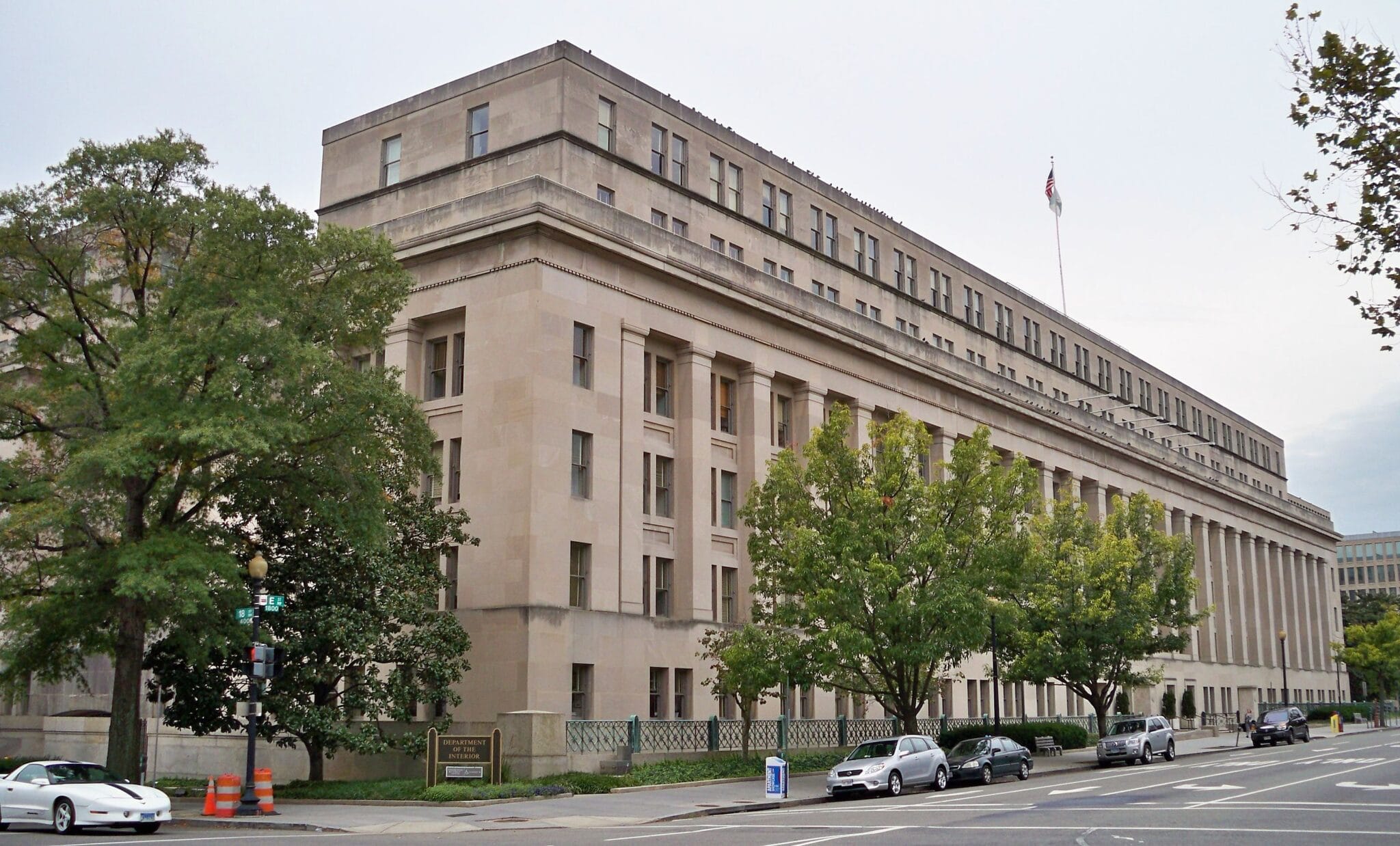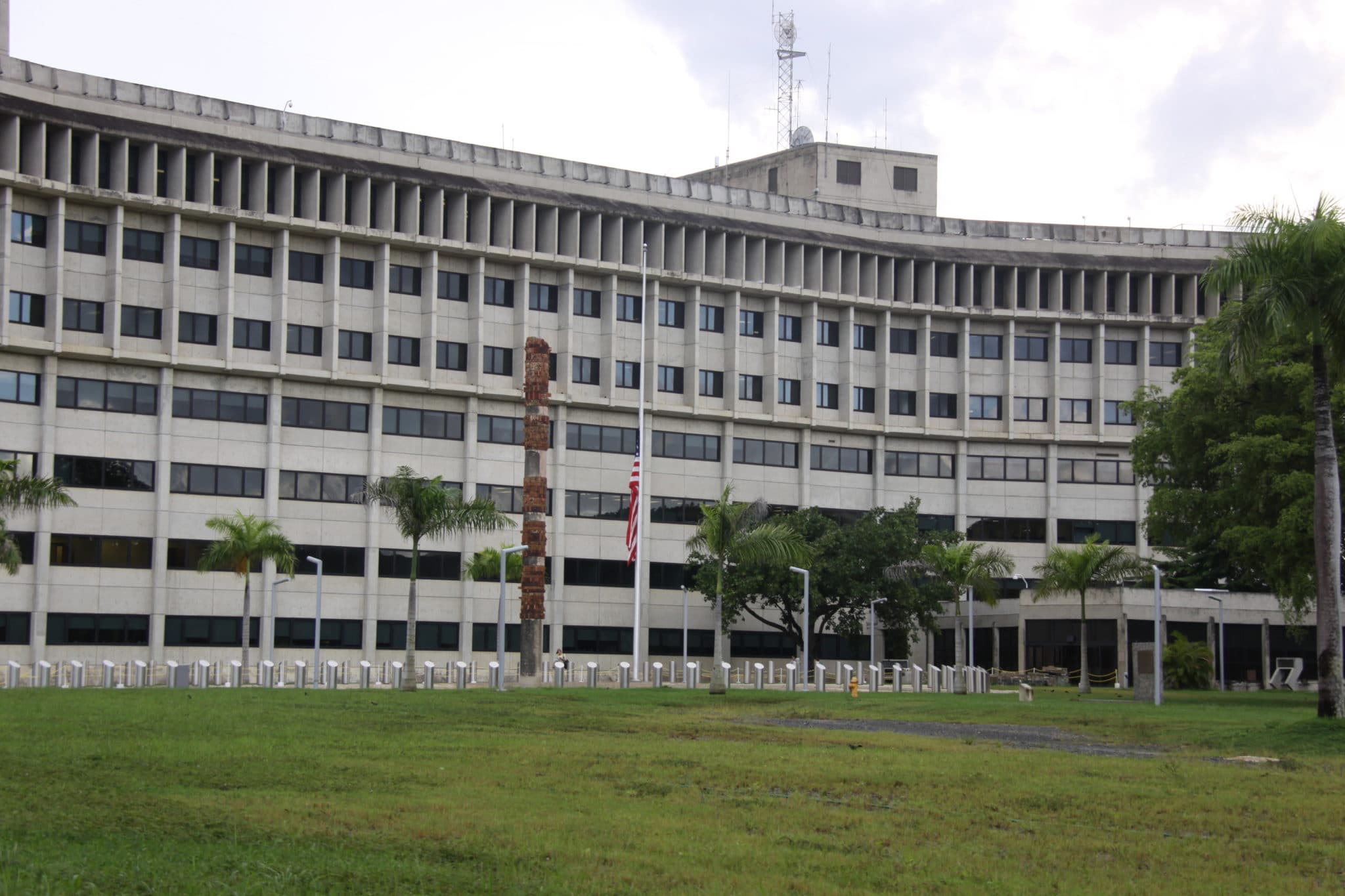UPDATE: Added the reactions of the Governor and Resident Commissioner of Puerto Rico
The Supreme Court of the United States has finally issued its long awaited rulings on the Defense of Marriage Act and Proposition 8 cases, striking the first, and dismissing the latter. In a 5-4 ruling, the court declared DOMA unconstitutional, stipulating that the law “violates basic due process and equal protection principles applicable to the Federal Government.” The ruling essentially forces the federal government to recognize same sex marriages from those states who have approved laws enabling for them, which include states like New York, Vermont and the District of Columbia. Same sex couples can now enjoy more than 1,000 legal benefits that the federal government offers to married couples, as long as they live in states where their marriage is recognized.
On the Proposition 8 case, the court ruled that it lacked jurisdiction, since those defending the enactment of Proposition 8 lacked standing, reason for which it remanded the case and returned it to the 9th Circuit Court of Appeals with instructions to dismiss the case. This means the previous ruling overturning Proposition 8 stands, making California one of the states that allows gay marriage.
The combinations of these two rulings lays out a scenario where couples in states that recognize same sex marriage will have access to all federal benefits. However, those states that do not recognize same sex marriage are not forced to do so under these rulings, although the finding of DOMA as unconstitutional lays the precedent for same sex marriage bans to be found equally discriminatory on the several states that have enacted them.
In the case of Puerto Rico, while there is no ban on same sex marriages, there is also no law providing for them, so in the meantime they aren’t possible unless the law is changed, an unlikely occurrence given recent events.
UPDATE
Following the release of the opinions by the Supreme Court, the Governor and Resident Commissioner of Puerto Rico issued statements, both commending the decision, despite the fact that both on previous occasions have expressed their opposition to same sex marriage.
Governor Alejandro Garcia Padilla said that “today the Supreme Court has affirmed that Congress cannot legislate to discriminate against rights recognized to citizens through state legislation.” Resident Commissioner Pedro Pierluisi on the other hand indicated that as he believes that “marriage should be regulated by states and territories, he had no objections to today’s ruling.”
The brief statements highlight the high level of opposition to marriage equality in Puerto Rico, even as both officials belong to the Democratic Party.

